Office of Principal Scientific Advisor to GoI
2025 edition of Chief Science Advisers’ Roundtable (CSAR) concludes with a successful adoption of the outcome document on “Equity-Based Science, Technology and Innovation for Inclusive Human Development and Global Sustainability”
Posted On:
22 SEP 2025 9:04PM by PIB Delhi
The 2025 edition of Chief Science Advisers' Roundtable (CSAR) with a focus on "Equity-based Science, Technology and Innovation for Inclusive Human Development and Global Sustainability", convened under the South Africa’s G20 Presidency, on 21 September 2025, in Pretoria, South Africa. The Department of Science, Technology and Innovation (DSTI), in collaboration with its entity, the National Advisory Council on Innovation (NACI), hosted the G20-CSAR 2025. The initiative was conceptualised during India’s G20 Presidency in 2023, spearheaded by the Office of the Principal Scientific Adviser (OPSA) to the Government of India. The 2024 edition of CSAR was collaboratively hosted by OPSA and UNESCO in Paris, France, with an extended scope and participation. G20-CSAR provides a platform to discuss and devise common frameworks to address some of the pressing policy challenges through inclusive global science advice.
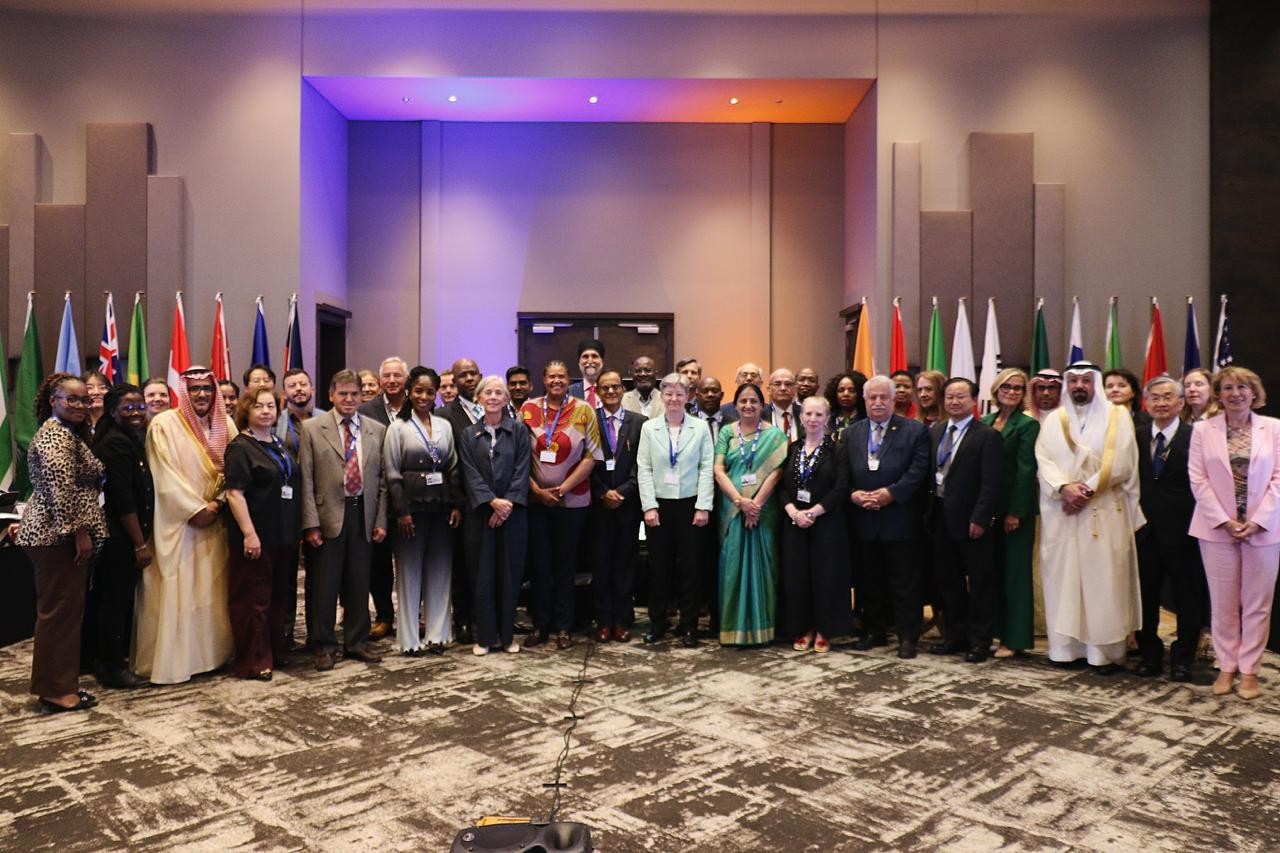
The Principal Scientific Adviser (PSA) to the Government of India, Prof. Ajay Kumar Sood, Scientific Secretary, Dr. Parvinder Maini, and Chief Policy Adviser Dr B. Chagun Basha joined the chief science advisers and their nominated equivalents from G20 member and guest countries. The roundtable discussed the three key priority areas:
- The development and promotion of a global STI agenda to support the implementation of the SDGs and enable a just, equitable and inclusive energy transition
- Towards a global knowledge system that is equitable and open to all
- Leveraging G20 STI initiatives to strengthen STI capacity-building initiatives in Africa and the developing countries
The roundtable was chaired by Ms. Anneline Morgan, acting CEO of NACI. Special remarks were delivered by Dr. Mlungisi Cele, Director-General, DSTI, South Africa; Mr. Tilson Manyoni, Chairperson of NACI; and H.E. Ambassador Malcomson, who spoke on behalf of the Deputy Director-General of the Department of International Relations and Cooperation (DIRCO) and G20 Sous Sherpa, South Africa.
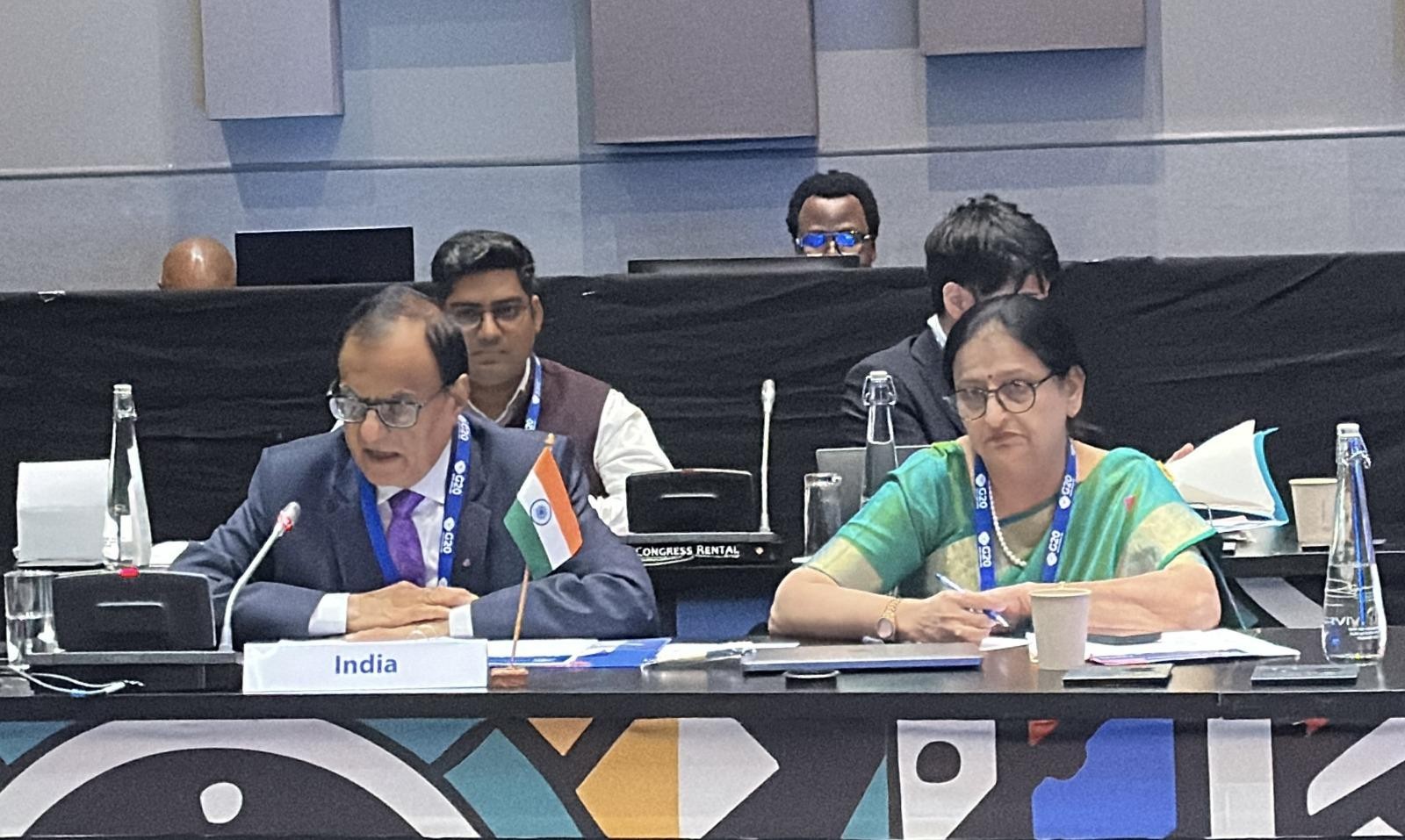
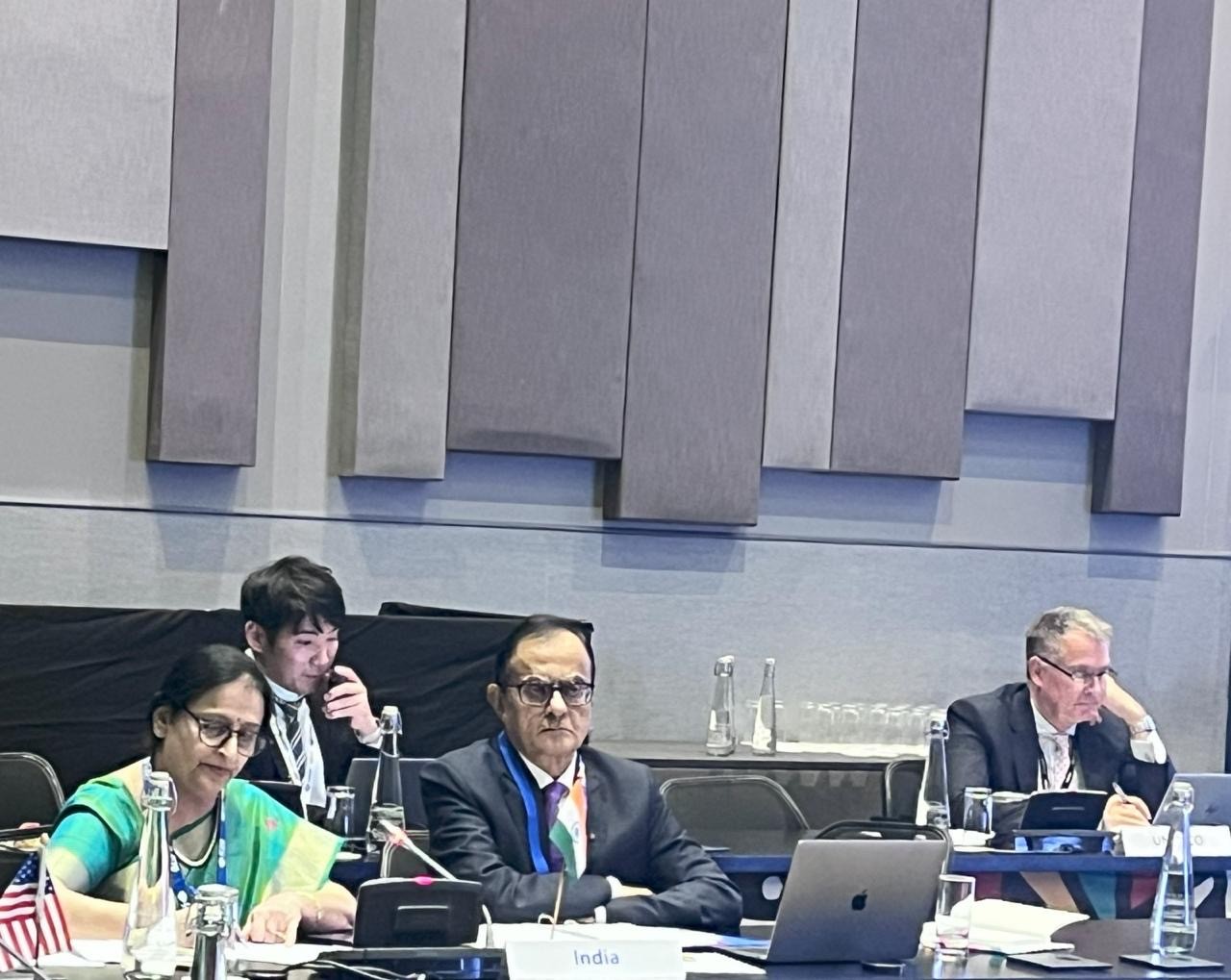
As part of the Indian delegation intervention, the Head of the Delegation Prof. Ajay Sood congratulated the South African G20 Presidency for advancing the CSAR initiative. While discussing equity and sustainability, Prof. Sood underlined the divide that artificial intelligence (AI) has revealed in terms of computational power and data representation. “AI development is concentrated in a few regions, leading to an imbalance in terms of systemic biases arising from narrow datasets. The AI disparities are also closely tied to energy transition and equity. Bridging these divides demands collaborative frameworks that democratise access to AI and other knowledge resources in general,” he said. He cited India’s One Nation One Subscription (ONOS), Indian Science, Technology, and Engineering facilities Map (I-STEM), Rural Technology Action Group (RuTAG) and RuTAGe Smart Village Center (RSVC) as replicable and scalable initiatives to build capacity across the regions and strengthen an inclusive global collaboration in STI.
“Technology-led capacity development and inclusive progress for people at the bottom of the pyramid are essential. This progress should be facilitated by equitable access to knowledge resources while addressing the digital divide, especially in AI and ensuring that the scientific and technological achievements benefit everyone,” added Dr. Maini. In the process of adoption of the outcome statement, Dr. Maini stressed on the sustained continuation of the CSAR initiative beyond individual presidencies and encouraged the member countries to work towards making the outcome statement a living document that drives real impact.
After the deliberation, the Outcome Statement of G20-CSAR 2025 was collectively adopted.
The Statement recommended leveraging global STI partnership opportunities to support human-centric initiatives focused on societal challenges, including the planetary crisis, climate change, biodiversity loss, pollution, and energy access, security and transitions, especially in Africa and developing countries. Enhanced international STI collaboration was emphasised to strengthen partnerships that address disparities in research, technology and innovation access, as well as knowledge sharing and dissemination on mutually agreed terms. The meeting further emphasised mobilising appropriate resources for STI capacity building and research collaboration among the G20 and developing countries, and fostering open, collaborative research environments that ensure scientific integrity, freedom and public trust in science and evidence-based policy.
The G20 CSAR 2025 was joined by member and guest countries including the African Union, Canada, China, the European Commission, France, Germany, India, Italy, Japan, the Republic of Korea, Russia, Saudi Arabia, South Africa, Türkiye, the United Kingdom, the Netherlands, Norway, Singapore, Spain. UNESCO participated as the official knowledge partner.
Open Knowledge-Sharing Session:
Following the closed session of CSAR 2025, PSA Prof. Sood also participated in a panel discussion on “Towards an STI Advice Platform and Capacity Building programmes for Africa and developing countries”, during the open knowledge-sharing session of the G20-CSAR. He joined this panel of deliberation along with Dr. Brando Okolo, Senior STI Adviser at the African Union Development Agency- NEPAD; Dr. Richard Glover, Regional Programme Officer, INGSA Africa Chapter; Dr. Jackie Kado, Executive Director at the Network of African Science Academies; Ms. Maria Matveeva, Head of Science Department, Vyzov Foundation, and Facilitator: Prof. Thokozani Majozi, President and Chairperson of the Academy of Sciences South Africa Council. The panel discussion revolved around the development and functioning of STI advisory mechanisms across countries and organisations. Panellists reflected on the challenges of implementation, shared capacity-building strategies, and highlighted ways to ensure inclusivity, transparency, and responsiveness in science advice. The conversation explored institutional models and opportunities for international collaboration to strengthen STI advisory systems globally.
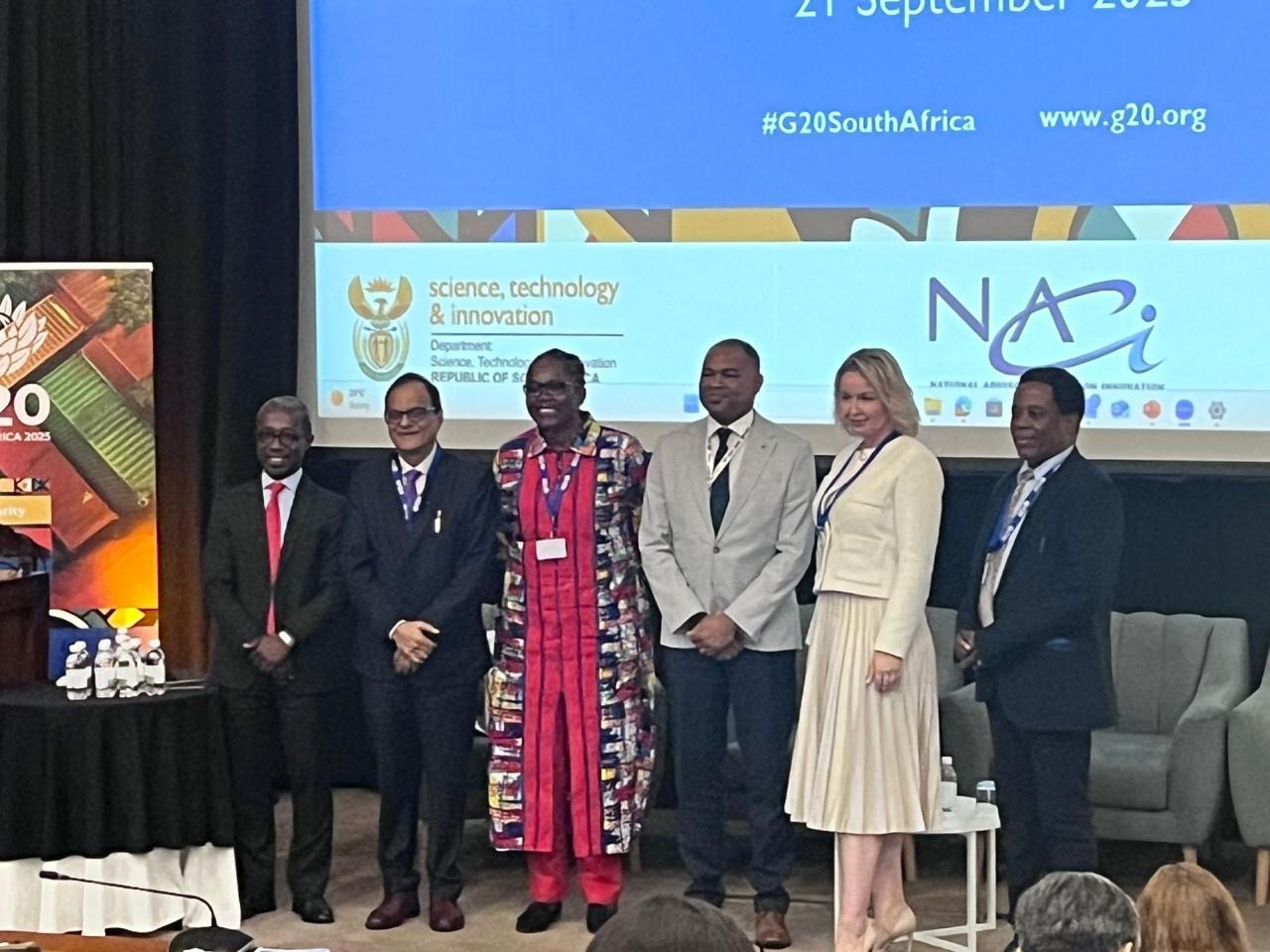
UNESCO Management of Social Transformations (MOST) Forum 2025
On 22 Sept 2025, following the CSAR proceedings, Prof. Sood joined the deliberations in the Ministerial Panel – ‘AI for Social Impact and Public Policy’ during the Management of Social Transformations (MOST) Forum 2025. The MOST Forum is UNESCO’s global platform for solutions-oriented debate at the intersection of science, policy, and social transformation. The theme for this year’s edition was ‘Technology and Innovation for Solidarity, Equality, and Sustainability’.
Prof. Sood joined Dr. Mona Nemer, Chief Science Advisor, Canada; Dr. Mlungisi Cele, Director-General, DSTI, South Africa; Dr. Madougou Saidou, Director, Department of Education, Science, Technology and Innovation (ESTI), African Union; Dr. Jerry Sheehan, Director, Directorate for Science, Technology and Innovation, OECD, and moderator Dr. Gustavo Merino, Director of Social Policies, Social and Human Sciences, UNESCO.
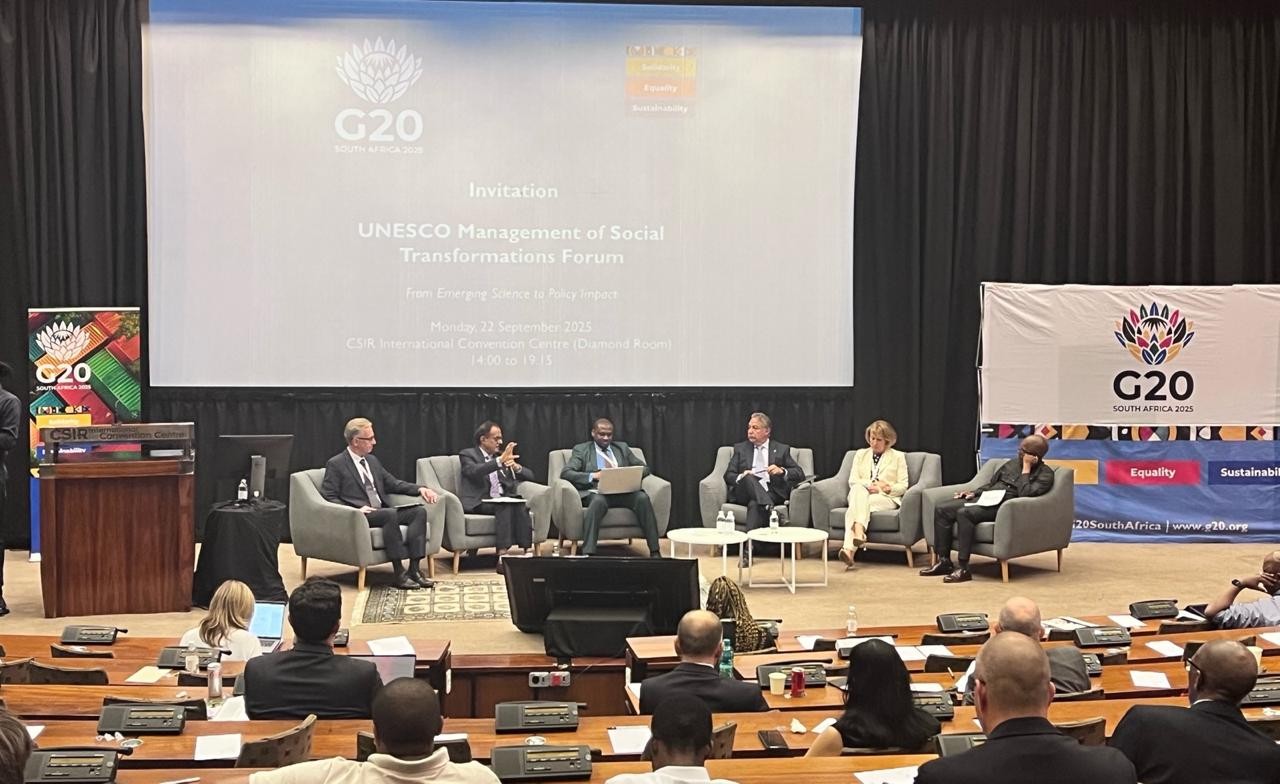
The discussion was centred on the use of AI to expand equity and access to opportunities, with panellists sharing examples and best practices from their respective perspectives. During the discussion, Prof. Sood underlined that India sees AI as a catalyst for inclusive social transformation, with its approach grounded in the principle that technology must serve humanity.
Prof. Sood outlined the development of IndiaAI Mission, and spoke on the recommendations from the Subcommittee Report on AI Governance. He mentioned the upcoming India AI Impact Summit in February 2026 as a platform for cooperation where countries can share experiences and develop collaborative solutions.
Bilateral Engagements
On the sidelines of CSAR 2025, PSA Prof. Sood and Scientific Secretary Dr. Maini engaged in bilateral meetings with key partner countries. Their discussion with Prof. Dame Angela McLean and Prof. Sir John Edmunds from the UK focused on strengthening cooperation through the India-UK Technology Security Initiative and the Comprehensive Economic and Trade Agreement (CETA). They also discussed the upcoming International S&T Clusters Meet being organised by OPSA, aimed at fostering global collaboration across eight S&T Clusters. With the Italian delegation led by Prof. Antonio Zoccoli, the emphasis was on advancing cooperation in supercomputing, big data, and quantum technologies, including joint research, AI collaboration, capacity building, and industrial partnerships. Additionally, meetings with Dr. Sabine Henzler and Dr. Liliana from the European Union’s Joint Research Centre (JRC) focused on India-EU Technology and Trade Council (TTC) and strengthening India-EU STI partnership.
****
MJPS/ST
(Release ID: 2169848)
Visitor Counter : 849